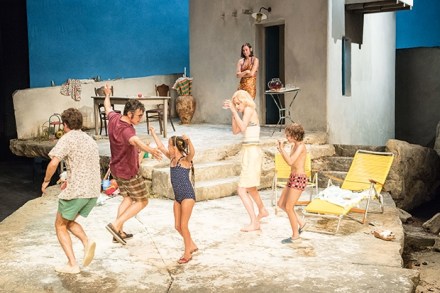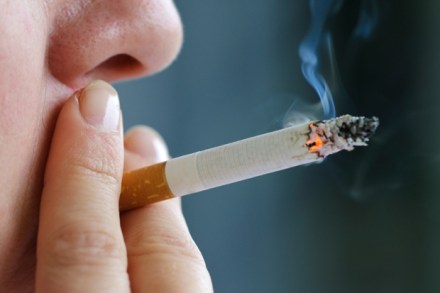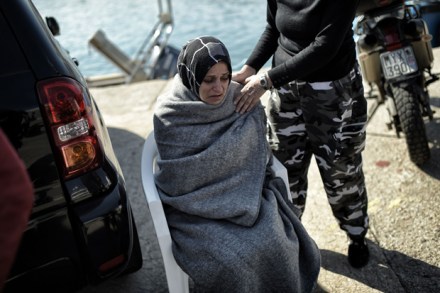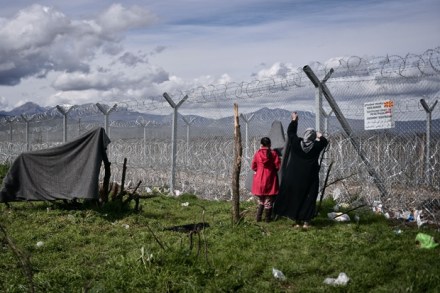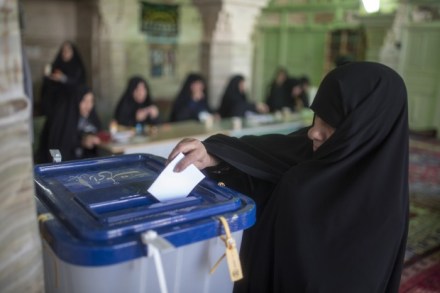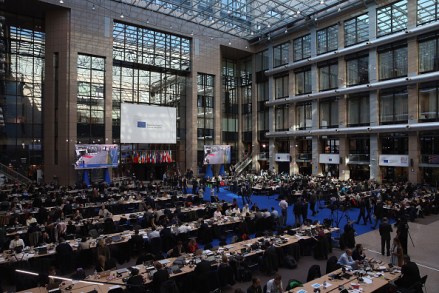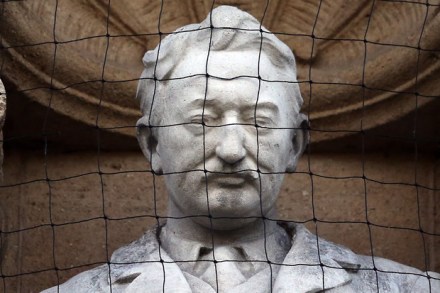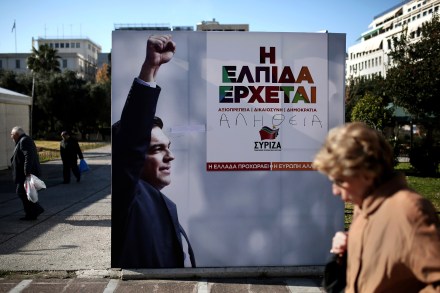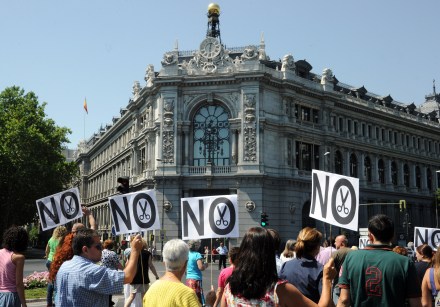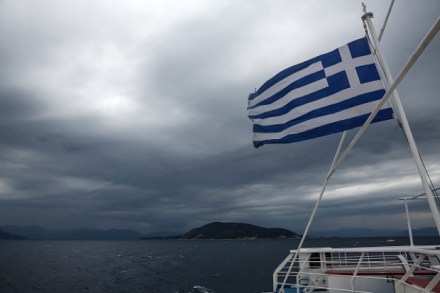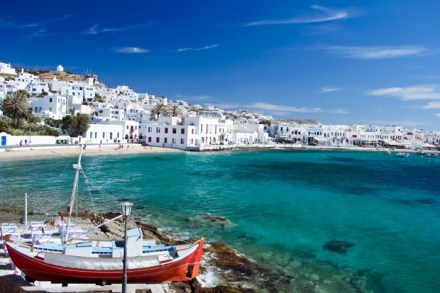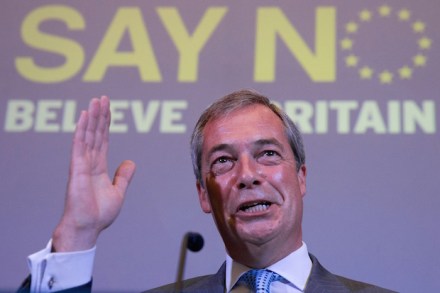Profit and loss | 9 June 2016
Bertolt Brecht took The Threepenny Opera from an 18th-century script by John Gay and relocated it to Victorian London. This National Theatre version wants to straddle the contemporary and the antique. Mack the Knife, an Afghan war veteran who murders strangers, contracts a bigamous marriage with Polly Peachum, the daughter of a cross-dressing mastermind who runs begging gangs across east London. This laborious set-up takes an hour to establish and the drama gets started only when Polly’s mum vows to rub out Mack at a knocking-shop. A wise dramatist would have placed this threat in the opening scene. But Brecht isn’t a wise dramatist; he’s a preachy one and his
